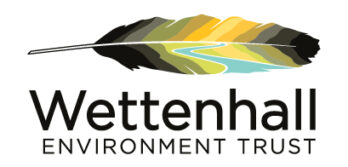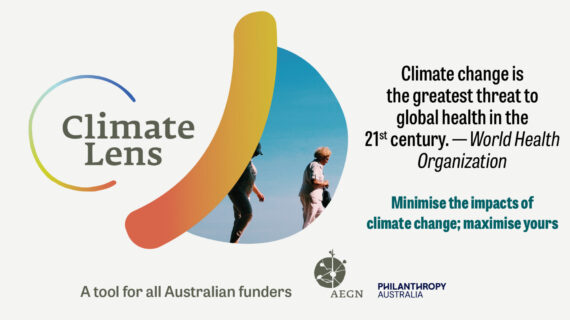Providing support for people undertaking projects that will make a positive difference to the natural living environment, in land, sea or air, rural or urban. We support grassroots organisations and individuals, and academics who are working with on-ground community groups.
Your project, in the first instance, is assessed by the Executive Director. If accepted, projects are assessed and scored in a systematic way against a set criteria by an experienced and knowledgeable board of Trustees.
We are looking for projects about flora and fauna conservation around Australia. These projects should involve any of the following:
- monitoring, recording and sharing data
- delivering community education
- providing community capacity building (e.g. training)
- research and science
-Projects must be directly making positive changes to biodiversity conservation in Australia.
-Projects should have some short term outputs, but also have long term objectives and values.
-We are keen to hear about your results, so you must be prepared to submit a final report when your project is completed, including photos we can use to promote our work and yours on social media or in our annual report.
-We can’t fund individual property owners, start up for-profit enterprises, or wildlife rescue or rehabilitation organisations and their activities. For more exclusions, please see our Can you Apply page.
-grants can be anywhere between $2,000 and $15,000 (but please don’t put a blanket $15,000 in your application as you think it’s the maximum!). We are not government, and we need to see exactly where we can work together. Larger grants will be considered.
We want the application process to be really simple:
- Can you Apply? – read this first.
- Email with a paragraph or two about your project to quickly check your eligibility without a fuss.
- SEGS application questions are here if you want to prepare your application before the round opens.
- Frequently Asked Questions go here.
- Read this nest box paper if you are applying for funding for nest boxes, and further reading on nest boxes.
- Read here if you are applying for funding about Malleefowl.
- Dates for applying.
- Apply here if you are ready to go.
The Small Environmental Grants Scheme is proudly supported by private donors, the Biophilia Foundation, Diana and Brian Snape AM, The Williams Fund, Purryburry Trust, the Vera Moore Foundation, and the Victorian Malleefowl Recovery Group


